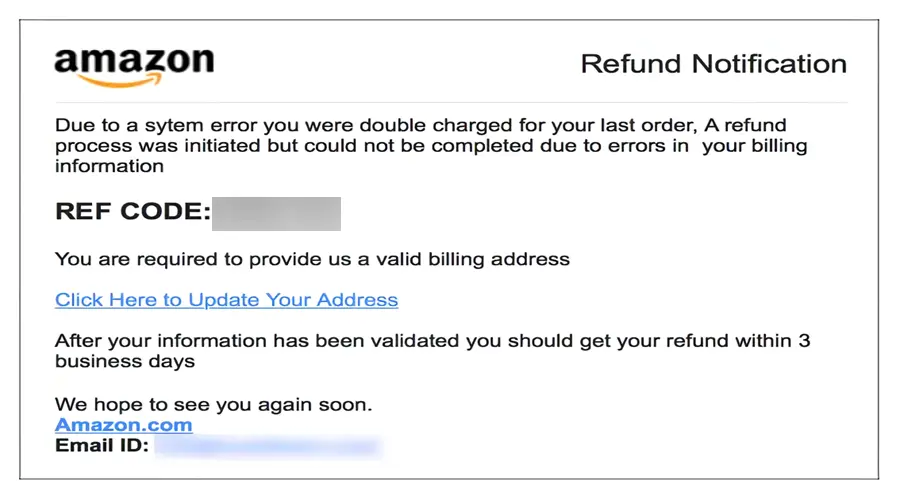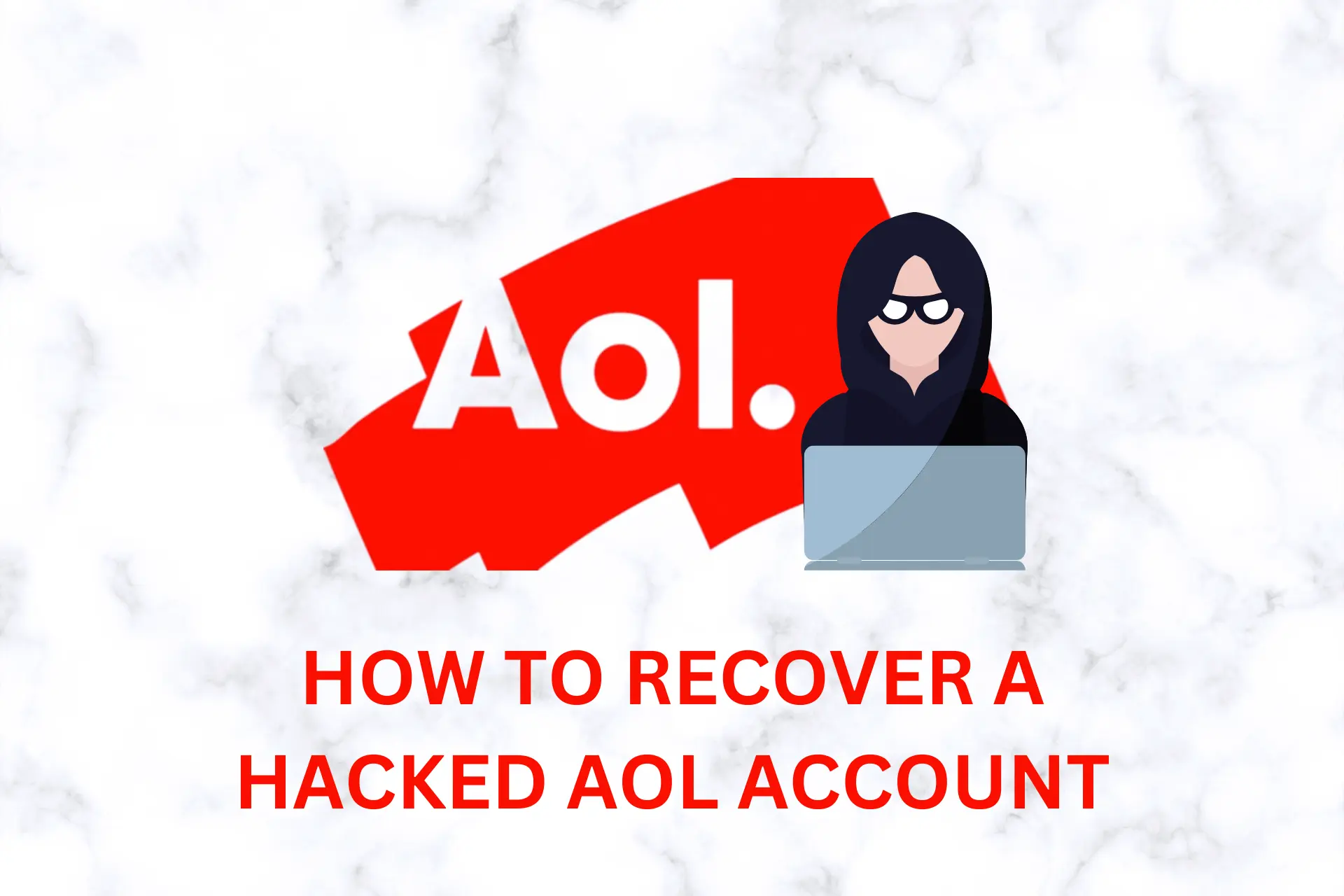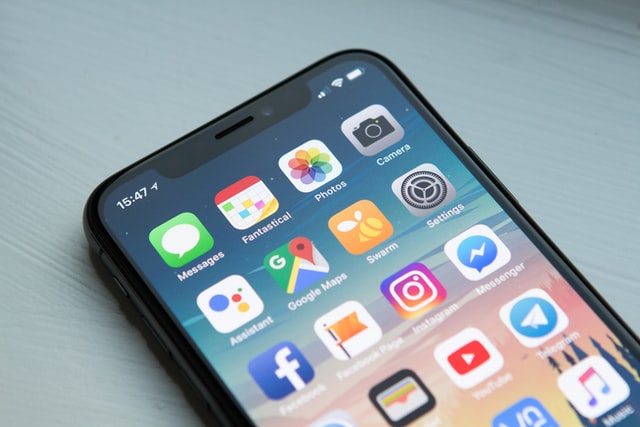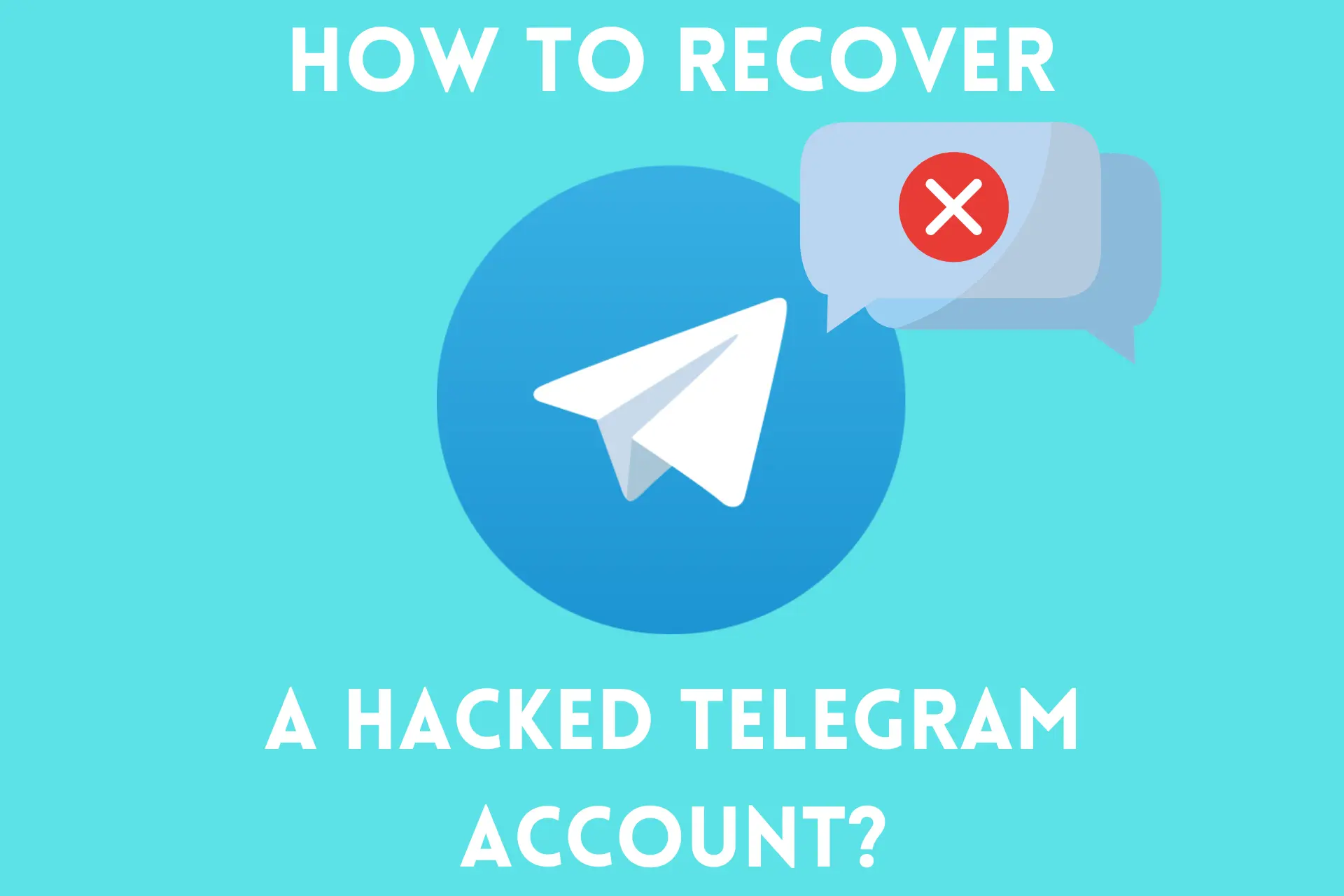Can Someone Hack My Email Without My Password? [Must-Read]

If there’s one thing you want to avoid, it’s having your email hacked. After all, it’s connected to all your accounts and services. Cybercriminals can use it to steal your personal and credit card information.
But can someone hack your email without your password?
We’ll cover all the methods hackers use to obtain login credentials and explain what kind of damage they cause. We’ll also help you protect your account and make sure nobody else has access to it.
Let’s go!
Can someone hack my email without my password?
Yes, someone could try to hack your email even without your password. Still, keep in mind that they can’t log into your account if they don’t have your full login details.
That’s why cybercriminals rely on various sneaky methods to obtain user credentials. So, even if you’re confident your password is safe, you shouldn’t let your guard down.
How can my email get hacked without my password?
Here are some of the most common strategies cybercriminals use:
Phishing
During phishing scams, malicious actors impersonate legitimate services and trick users into sharing their credentials.

They usually use emails and fake websites for this, but there’s also smishing (via SMS) and vishing (via phone calls). Typically, you’ll be asked to enter your email and password to log into the fake website.
Once you do that, hackers will gain access to that account and maybe even lock you out of it.
Social engineering
Cybercriminals often rely on the art of manipulation to deceive users into revealing sensitive information.
They tend to use fake personas or create a false sense of urgency to ask users for their passwords. Hackers can then access their email accounts and all the information that comes with them.
Password reuse
52% of people have one password for multiple accounts and hackers are aware of this.
They may try to hack into one of your accounts just to see what combination you use. If the attackers succeed and you use the same password for your email, they’ll be able to log in.
Brute force attacks
Cybercriminals may also just try to guess your password. They have tools that can go through millions of combinations until they find the correct one.
Their success rate depends on your combination’s complexity. Long and randomly generated passwords can take years to crack, so they’re virtually impenetrable.
Keyloggers
This is a very dangerous type of malware with the ability to track your keystrokes. Basically, it keeps a log of everything you typed and sends the information to hackers.
They’ll know exactly what you typed in when logging into your email account.
Session hijacking
During hijacking attacks, malicious users can take over your internet session. This could happen while you’re checking out your emails.
Still, the chances of this happening on a reputable, secure website are relatively low. Hackers usually exploit vulnerabilities in the site’s code, guess the session ID, or use special hijacking tools.
Physically obtaining your device
Most users stay logged into their email accounts at all times. If someone finds or steals your device, they’ll also be able to access your inbox.
What can a hacker do with my email?
Once a hacker has breached your account, they can do tons of damage. Here are some examples:
Send emails
This is the most obvious thing, but it’s also not something you’d want to overlook. Hackers can blast thousands of emails from your account. They may even trick people in your contact list into clicking on their malicious links.
Access your other profiles
Even if you use different passwords for your other accounts, hackers will still be able to breach them. They can log in with a simple password reset, thanks to your email.
This means they’ll have control over all of your social media profiles, among others.
Steal financial information
Things can get really tricky if attackers get their hands on your financial information. Chances are they’ll find your credit card number somewhere or log into your online bank accounts.
They can then steal your money or make purchases in your name.
Steal your identity
Identity theft happens more often than you think. Once they have access to your email account, hackers can “become” you in a matter of seconds. This also means their criminal deeds could be attributed to you.
Learn more about you
There’s so much information in your email. Even if the hacker doesn’t want to pull off any more schemes, they can find out a lot about you. This can even lead to some real-world consequences, such as stalking.
Blackmail
It’s not uncommon for cybercriminals to scour email accounts for usable information. They may blackmail you if they find something juicy enough!
They can use threats such as screenshots of private messages, edited pictures, and more.
How to protect your email?
You may feel like there’s not much to do against top-level hackers who’re after your account. But that’s not the case.
Below you’ll find a list of useful tips that’ll keep you safe:
- Never click on suspicious links.
- Don’t share your login information.
- Use a password manager to make your combinations uncrackable.
- Make all your passwords at least 12 characters long.
- Enable two-factor authentication (when possible).
- Use a reputable antivirus.
- Don’t connect to public Wi-Fi if you don’t have to.
- Keep track of your email account activity.
- Avoid reusing your password.
- Use a secure email provider.
- Make sure you don’t lose your phone or laptop.
Summary
So, you were wondering — can someone hack my email without my password?
Now you know nobody can access your account without your password. However, hackers are cunning and will try to hack you even then.
They can guess your combination, manipulate you into revealing it, hijack your session, or remotely track your keystrokes. Still, there’s no reason to panic.
You can avoid this fate by following our security recommendations. Good luck and stay safe!






User forum
0 messages